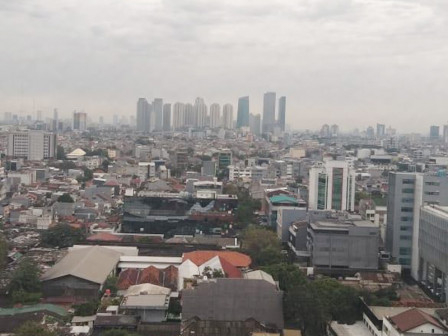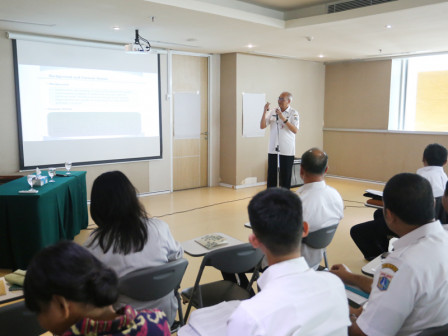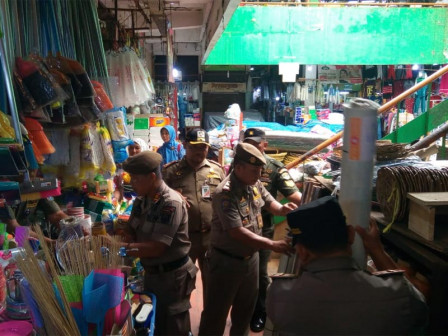Vital Strategies Involved to Handle Air Pollution in Jakarta
Reported by Aldi Geri Lumban Tobing | Translated by Nugroho Adibrata
The Jakarta Environment Agency has involved a non-profit organization based in the United States, Vital Strategies to discuss the acceleration of handling air pollution in Jakarta.
It purposes to create blueprint to integrate air quality monitoring networks
It is conveyed in the workshop at one of the hotels in Central Jakarta area on July 3-4, 2019 with a focus on discussion of improving the air quality monitoring system and the use of data to deal with air pollution.
Improving Air Quality in Jakarta, Anies to Test Electric-Powered Transjakarta Buses Operational"It purposes to create blueprint to integrate air quality monitoring networks. Thus, data on air quality can be accessed by the governments, academics and public," said Jakarta Environment Agency Acting Head, Andono Warih, Thursday (7/4).
The workshop also discussed about the action plan for managing air quality set by the Environment Agency towards experts from Vital Strategies, namely Vivian Pun in connection with Air Quality Epidemologist Vivian Pun; Senior Epidemologist for Environmental Health; Sumi Mehta; and Senior Strategic Vice President, Daniel Kass.
"Through this workshop, roadmap will be implemented and can handle air pollution in the long term as clean air is important for the health and well-being of Jakarta residents," he explained.
Senior Vice President for Environmental Health Vital Strategies, Daniel Kass expressed that it is the right step to support the acceleration of air quality improvements in Jakarta thus he supports roadmap realization in increasing air quality.
"Air pollution can be resolved, as long as every step we make is coordinated with the scientific approach," he stressed.
As for the information, the roadmap has been drafted and is targeted able to make Jakarta free from air pollution in 2030.
Currently the city already has five air quality monitoring devices that have measured five air pollutants, namely PM10, SO2, CO, O3 and NO2 whereby three of them have taken PM2.5 measurements. Then there are three monitoring stations that move to measure the same pollutants.
In line with the update of gauge parameters, his side plans to develop information system to include air quality management data in Jakarta.



